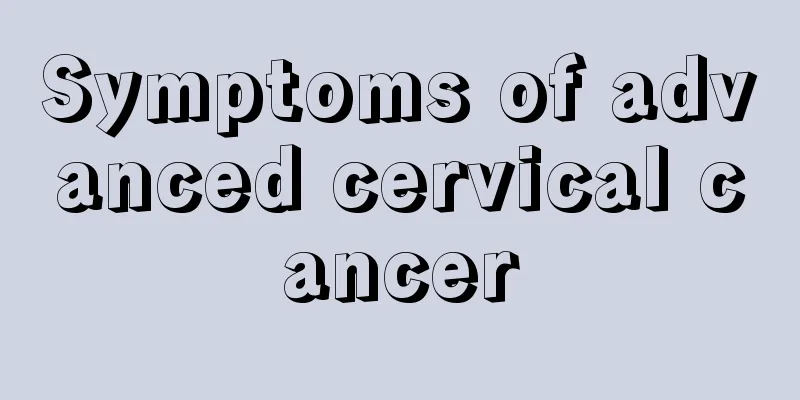Can kidney stone pain relief injections effectively relieve pain?

|
After kidney stones enter the upper urethra, they will cause severe pain in the lower back. After entering the lower urethra, they will cause severe pain in the abdomen. When kidney stones cause severe pain, you can receive pain-relieving injections, but this is only a temporary symptomatic treatment. If you want a complete cure, the more effective way is to use surgery to expel the stones. The treatment options provided by the hospital vary depending on the size of the stone and where it is located. Depending on the size of the kidney stones, renal function and the condition of hydronephrosis, you can choose to use drugs to remove the stones, extracorporeal shock wave lithotripsy, or percutaneous nephrolithotomy. Medical lithotripsy is suitable for stones smaller than 8 mm, and extracorporeal shock wave lithotripsy is suitable for stones smaller than 20 mm in size and in patients without hydronephrosis and with good renal function. If the patient has multiple kidney stones or complex, irregular kidney stones, percutaneous nephrolithotomy is the most appropriate method. Treatments for kidney stones vary according to location Many patients with stones initially think that medication can relieve pain and drinking more water to expel the stones will solve the problem. Little do people know that the treatment of stones is very particular. Different sizes of stones have different treatment methods. Only patients with stones who are "suitable" can get treatment. Kidney stones: complex stones require surgery Depending on the size of the kidney stones, renal function and the condition of hydronephrosis, you can choose to use drugs to remove the stones, extracorporeal shock wave lithotripsy, or percutaneous nephrolithotomy. Medical lithotripsy is suitable for stones smaller than 8 mm, and extracorporeal shock wave lithotripsy is suitable for stones smaller than 20 mm in size and in patients without hydronephrosis and with good renal function. If the patient has multiple kidney stones or complex, irregular kidney stones, percutaneous nephrolithotomy is the most suitable treatment. Treatments for kidney stones vary according to location Ureteral stones: Remove as soon as you find them Once a stone grows in the ureter, it will immediately block the ureter, which can easily lead to suppurative changes in the kidneys and serious damage to renal function. Therefore, ureteral stones, no matter how small, must be treated immediately. For upper ureteral stones, extracorporeal shock wave lithotripsy or retroperitoneoscopic ureterolithotomy can be used depending on the condition of hydronephrosis. For stones in the lower ureter, extracorporeal shock wave lithotripsy or transurethral ureteroscopy can be used. Bladder stones: lithotripsy and prostate enlargement removal For elderly patients, it is not enough to simply treat bladder stones, but the cause should be targeted and the enlarged prostate should be treated at the same time. Transurethral resection of the prostate plus bladder lithotripsy is usually used. If only bladder stones are treated, it is only a temporary solution and the patient will soon have a recurrence of bladder stones. |
<<: Can celery and tomatoes be eaten together
>>: Introduction to tooth enamel restoration
Recommend
Effects of tea polyphenols in tea
Tea ceremony is one of the traditional Chinese cu...
Immunotherapy helps esophageal cancer patients recover
"Doctor, you must save my grandma! My grandm...
Can ginger make hair grow thicker?
In fact, ginger has a certain hair growth effect,...
Can early breast cancer be cured?
Can early breast cancer be cured? This is a quest...
How to store sea cucumbers after they are soaked?
Sea cucumber is a kind of delicacy with great nut...
Can sugarcane really help sober you up
In our daily lives, many people often have social...
Analysis of early clinical symptoms of uterine cancer
The fundamental reason why uterine cancer has bec...
What to eat on Dragon Boat Festival morning
The Dragon Boat Festival is also a traditional Ch...
What to do if back pain and chest discomfort are caused by coldness
In life, many people do physical work, and they w...
What are the physical signs of patients with early cervical cancer
(I) General examination Gynecological examination...
What are the main symptoms of prostate cancer?
There are many kinds of male diseases, and prosta...
Is repeated sore throat a sign of lymphoma?
Lymphoma is a relatively serious disease, a malig...
Diet therapy to reduce chloasma, simple and effective
Chloasma not only affects our appearance, but als...
Lip tie correction
The lip frenulum is the place where the lips and ...
Is Yifan Fengshun Flower poisonous?
Everyone thinks that "smooth sailing" i...









